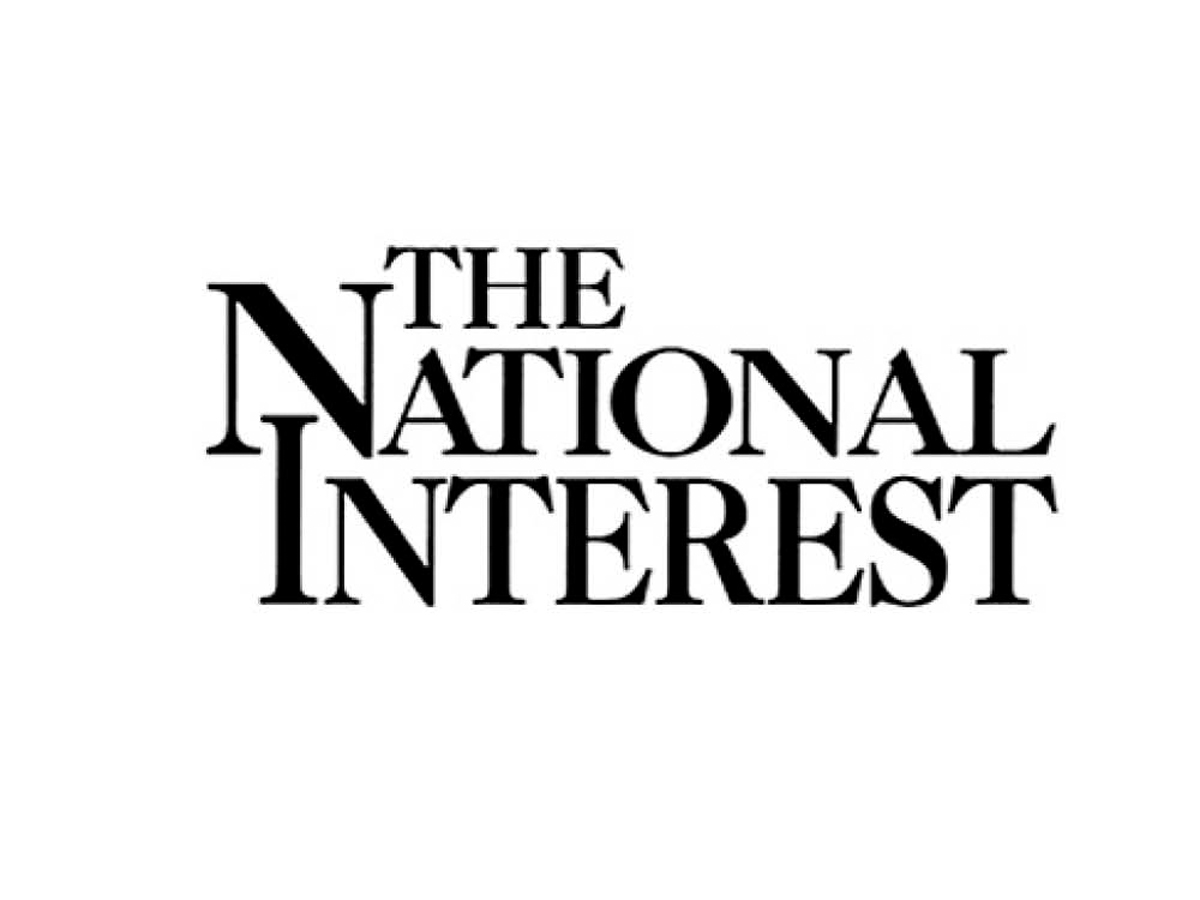Baku, Azerbaijan, June 14
Trend:
It is undeniable that since the Second World War-and especially since the end of the Cold War-the international community has made great progress in terms of promoting and protecting human rights and dignity, peace and peaceful coexistence, international justice, and equality, Azerbaijan's ambassador to the Czech Republic Farid Shafiyev said in his article published in The National Interest.
The international community still faces separatist claims in many parts of the world, said the author.
The recent escalation of the conflict between Armenia and Azerbaijan over the Nagorno-Karabakh region of Azerbaijan has drawn media attention to the conflict, said the article.
Many liberally inclined newspapers reported on the conflict as being between Azerbaijan and Nagorno-Karabakh separatists, said Shafiyev, adding that from the legal point of view this region belongs to Azerbaijan-as affirmed by UN Security Council resolutions and many other international organizations.
"The Armenian majority formed in Nagorno-Karabakh only after the Russian conquest in the region during the first part of the nineteenth century; at this time, the czarist authorities implemented a massive Armenian resettlement policy to strengthen the Christian presence and counter the influence of the Ottoman and Persian empires," said the author.
While it is not at the core of the conflict, the religious factor nevertheless was used by the Armenian diaspora around the world to attract the Western media in particular to its side, according to the article.
Shafiyev noted that the well-established Armenian diaspora, through celebrities like Charles Aznavour and Kim Kardashian or recruits such as Amal Clooney, can easily deliver stories to the global media.
In contrast, the Azerbaijani diaspora is very young, according to the ambassador.
"In addition to the religious dimension, Armenian historians (and subsequently Western historians) claimed that Nagorno-Karabakh was "given" to Azerbaijan by Josef Stalin," said the author. "This claim aimed to demonize the whole territorial arrangement by "bad guys" such as Stalin."
As a matter of fact, Soviet archival documents indicate that in July 1921 Soviet authorities decided to 'retain' the mountainous part of Karabakh in Azerbaijan and that means that Karabakh already belonged to Azerbaijan, said the ambassador.
The skillfully designed narrative about the history of Nagorno-Karabakh by Armenian scholars targeted the liberal sentiments of majority of Western policymakers, experts and public advocates, added Shafiyev.
Thus, "freedom for Nagorno-Karabakh" was seen as a push for "liberation from the Muslim and Stalinist yoke", believes the author.
The reality on the ground was different from the "liberal movement", said the article.
Renowned Western scholar and expert on the Middle East, Robert Fisk, stressed in a recent article in the Independent that Armenian fighters are indeed criminals, involved in massacring Azerbaijani civilians, added the ambassador.
Shafiyev pointed out that the Human Rights Watch has reported that the Khojaly massacre, committed by Armenian troops in February 1992, was "the largest massacre to date in the conflict."
The high number of casualties among conscripts of the Republic of Armenia during the recent clashes of April 2-5, 2016, attests to the fact that Armenia is the major occupying power on the territory of Azerbaijan, he added.
"Yet the BBC and other news agencies have tended to report about clashes between Azerbaijan and so-called Nagorno-Karabakh forces," said Shafiyev.
While the West unequivocally supports the resolution of the conflict in Georgia, Moldova and Ukraine on the basis of their territorial integrity, it has hypocritically suggested a different approach for the Armenian-Azerbaijani conflict, based on a so-called "negotiated solution", added the author.






